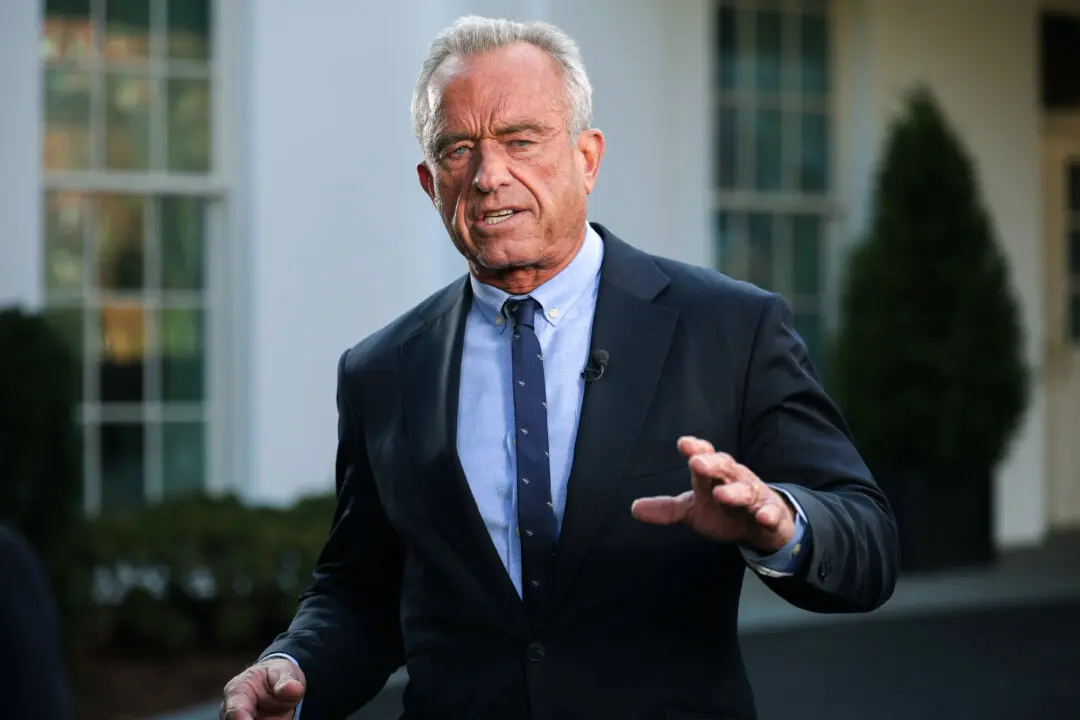Arizona Republicans who had alleged the state’s two biggest counties were illegally counting ballots, agreed on Nov. 9 to settle their lawsuit if rural voters also get an extra chance to fix problems with their ballots. The state’s Senate race between Republican Martha McSally and Democrat Kyrsten Sinema is extremely tight.
The settlement was between Republicans and the state’s county recorders. Arizona’s 15 counties now have until Nov. 14 to address the issue, which state Elections Director Eric Spencer said likely affects less than 10,000 votes out of more than 2.3 million cast statewide.




